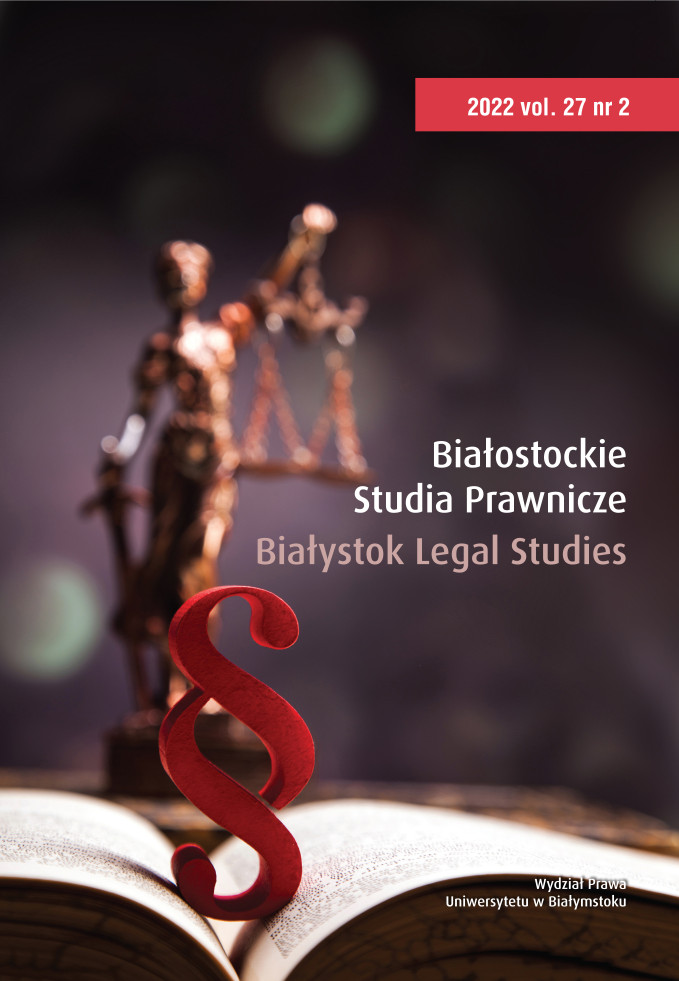Political Freedoms and Rights in Relation to the COVID-19 Pandemic in Poland and Hungary in a Comparative Legal Perspective
Słowa kluczowe:
COVID-19 pandemic, Hungary, Poland, political freedoms and rightsAbstrakt
The subject of the article are selected political rights and freedoms guaranteed by the Polish and Hungarian constitutions, which are analysed in the context of possible limitations due to the COVID-19 pandemic. The analysis covers the right to vote in elections and referendums, the freedom of expression and opinion, and the freedom of assembly. The main aim of the article is to identify similarities and differences in the legal solutions adopted in Poland and Hungary in the context of restrictions or threats to political freedoms and rights. As a result of the research carried out, the authors positively verified the hypothesis that Poland and Hungary, although they chose different methodologies to implement the specific legal order applicable due to the coronavirus pandemic, namely Hungary has introduced one of the constitutional states of exception, i.e. the state of danger, while Poland did not introduce a state of natural disaster, the formula for sanctioning restrictions on political freedoms and rights with secondary legislation was similar in both countries. The authors express the view that continuous efforts should be made to develop legal institutions that would allow for a balance between the need to preserve political rights and freedoms and the need to make quick decisions in relation to the pandemic and citizens’ right to health. A pandemic should never be an excuse for those in power to restrict political freedoms and rights for longer periods of time, so as not to make these freedoms and rights the next victims of the SARS-CoV–2 virus.Bibliografia
Ambrus I. and Gárdos-Orosz F., 15/2020. (VIII. 8.) AB határozat – rémhírterjesztés, (in:) Gárdos-Orosz F. and Zakariás K. (eds.), Az Alkotmánybírósági gyakorlat. Az Alkotmánybíróság 100 elvi jelentőségű határozata 1990–2020, Budapest 2021.
Asbóth M.D., Fazekas M. and Koncz J., Egészségügyi igazgatás és jog, Budapest 2020.
Bencze M. and Győri Cs., Hírek szárnyán: a rémhírterjesztés bűncselekménye és a jogbiztonság, ‘Magyar Tudomány’ 2021, vol. 182, no. 5.
Bożek M., Karpiuk M., Kostrubiec J. and Walczuk K., Zasady ustroju politycznego państwa, Poznań 2012.
Chmielnicki P., Minich D., Rybkowski R., Stachura M. and Szocik K., The COVID-19 Pandemic as an Opportunity for a Permanent Reduction in Civil Rights, ‘Studia Iuridica Lublinensia’ 2021, vol. 31, no. 4.10.17951/sil.2021.30.4.77-109
Cioffi A., Ruggiero M., Rinaldi R., COVID-19 Pandemic and Balance of Constitutional Rights, ‘Clinica Terapeutica’ 2021, vol. 172, no 2.
Cox M., States of Emergency and Human Rights During a Pandemic: A Hungarian Case Study, ‘Human Rights Brief ’ 2020, vol. 24, no. 1, https://digitalcommons.wcl.american.edu/hrbrief/vol24/iss1/5.
Csink, L., Constitutional Rights in the Time of Pandemic The Experience of Hungary, ‘Hungarian Year-book of International Law and European Law’ 2021, vol. 9, no. 1.10.5553/HYIEL/266627012021009001003
Czuryk M., Activities of the Local Government During a State of Natural Disaster, ‘Studia Iuridica Lublinensia’ 2021, vol. 30, no. 4.10.17951/sil.2021.30.4.111-124
Dąbrowska-Kłosińska P., The Protection of Human Rights in Pandemics - Reflections on the Past, Present, and Future, ‘German Law Journal’ 2021, no. 22.10.1017/glj.2021.59
Drinóczi T. and Bień-Kacała A., COVID-19 in Hungary and Poland: extraordinary situation and illiberal constitutionalism, ‘The Theory and Practice of Legislation’ 2020, vol. 8, no. 1–2.10.1080/20508840.2020.1782109
Fazekas C., Kálmán K., Szentgáli-Tóth B., Szerencsés K. and Takács J., Demokrácia a pandémia árnyékában: választások a világjárvány idején a környező országokban, ‘MTA Law Working Papers’ 2021, no. 31.
Florczak-Wątor M., Niekonstytucyjność ograniczeń praw i wolności jednostki wprowadzonych w związku z epidemią COVID-19 jako przesłanka odpowiedzialności odszkodowawczej państwa, ‘Państwo i Prawo’ 2020, no. 12.
Gárdos-Orosz F., COVID-19 and the Responsiveness of the Hungarian Constitutional System, (in:) J.M. Serna de la Garza (ed.), COVID-19 and Constitutional Law, Ciudad de México 2020.
Hajnal Gy., Jeziorska I. and Kovács É.M., Understanding drivers of illiberal entrenchment at critical junctures: institutional responses to COVID-19 in Hungary and Poland, ‘International Review of Administrative Sciences’ 2021, vol. 87, no. 3.10.1177/0020852320981138
Hoffman I. and Balázs I., Administrative Law in the Time of Corona(virus): Resiliency of the Hungarian Administrative Law? ‘Studia Iuridica Lublinensia’ 2021, vol. 30, no. 1.10.17951/sil.2021.30.1.103-119
Horváth A., A 2020-as Covid-veszélyhelyzet alkotmányjogi szemmel, (in:) Z. Nagy Z. and Horváth A. (eds.), A különleges jogrend és nemzeti szabályozási modelljei, Budapest 2021.10.47079/2021.nzha.kulon.4_6
Informacja o działalności Rzecznika Praw Obywatelskich oraz o stanie przestrzegania wolności i praw człowieka i obywatela w roku 2020, Warszawa 2021, https://bip.brpo.gov.pl/sites/default/files/Informacja_RPO_za_2020.pdf.
Jaskuła L. K., Wolność słowa realizowana w ramach wolności religii w Kościele Katolickim w Polsce a prawne ograniczenia dotyczące epidemii SARS-CoV–2, ‘Studia z Prawa Wyznaniowego’ 2021, no. 24.10.31743/spw.12692
Joseph S., Castan M., The International Covenant of Civil and Political Rights. Cases, Materials and Commentary, Oxford 2013.10.1093/law/9780199641949.001.0001
Kardas P., Konstytucyjne podstawy rozstrzygania kolizji obowiązków i konfliktu dóbr w czasie pandemii, ‘Palestra’ 2020, no. 6.
Karpiuk M., Właściwość wojewody w zakresie zapewnienia bezpieczeństwa i porządku publicznego oraz zapobiegania zagrożeniu życia i zdrowia, ‘Zeszyty Naukowe KUL’ 2018, vol. 61, no. 2.10.31743/zn.2018.61.2.227-241
Karpiuk M. and Kostrubiec J., The Voivodeship Governor’s Role in Health Safety, ‘Studia Iuridica Lublinensia’ 2018, vol. 27, no. 2.10.17951/sil.2018.27.2.65
Karpiuk M., Kształtowanie się instytucji stanów nadzwyczajnych w Polsce, Warsaw 2013.
Karpiuk M., Kostrubiec J., Paździor M., Popik-Chorąży K. and Sikora K., Legislacja administracyjna, Warsaw 2013.
Koksanowicz G., Zasada określoności przepisów w procesie stanowienia prawa, ‘Studia Iuridica Lublinensia’ 2014, no. 22.10.17951/sil.2014.22.0.471
Kostrubiec J., The Role of Public Order Regulations as Acts of Local Law in the Performance of Tasks in the Field of Public Security by Local Self-government in Poland, ‘Lex localis – Journal of Local Self-government’ 2021, vol. 19, no. 1.10.4335/19.1.111-129(2021)
Kurzępa E., Stan epidemii a stan klęski żywiołowej rozważania w kontekście bezpieczeństwa państwa, ‘Przegląd Prawa Publicznego’ 2021, no 5.
Maroń M., Ograniczenia wolności słowa w Polsce w okresie pandemii COVID-19, ‘Przegląd Prawa Publicznego’ 2021, no 12.
Maroń G., Polskie prawodawstwo ograniczające wolność religijną w okresie pandemii koronawirusa SARS-CoV–2 a standardy państwa prawa - wybrane zagadnienia, ‘Przegląd Prawa Publicznego’ 2021, no 1.
Orzeszyna K., Skwarzyński M. and Tabaszewski R., Prawo międzynarodowe praw człowieka, Warsaw 2020.
Paśnik J., Kilka refleksji o regulacji stanu epidemii jako sui generis pozakonstytucyjnego stanu nadzwyczajnego, ‘Przegląd Prawa Publicznego’ 2020, no 11.
Radajewski R., Stan zagrożenia epidemicznego oraz stan epidemii jako formy prawne ochrony zdrowia publicznego, ‘Przegląd Legislacyjny’ 2021, no. 4(118).
Romańczuk-GrąckaM.,Conflicts of Doctor’s Duties in the Case of an Extreme Shortage of Intensive Care Beds and the Good Samaritan Clause from the Perspective of Criminal Law, ‘Białostockie Studia Prawnicze’ 2021, vol. 26, no. 6.10.15290/bsp.2021.26.06.10
Sensson-McCarthy A-L., The International Law of Human Rights and States of Exceptions, Hague 1998.
Szente Z., A 2020. március 11-én kihirdetett veszélyhelyzet alkotmányossági problémái, ‘VÁllam- és Jogtudomány’ 2020, vol. 61, no. 3.
Szmulik B. and Szymanek J., Niemożność przeprowadzenia wyborów jako przesłanka wprowadzenia stanu wyjątkowego, ‘Przegląd Legislacyjny’ 2020, no. 3.
Vörös I., A felhatalmazási törvénytől az egészségügyi válsághelyzetig és tovább, (in:) F. Gárdos-Orosz F. and Lőrincz V.O. (eds.), Jogi diagnózisok. A COVID-19 világjárvány hatásai a jogrendszerre, Budapest 2020.



